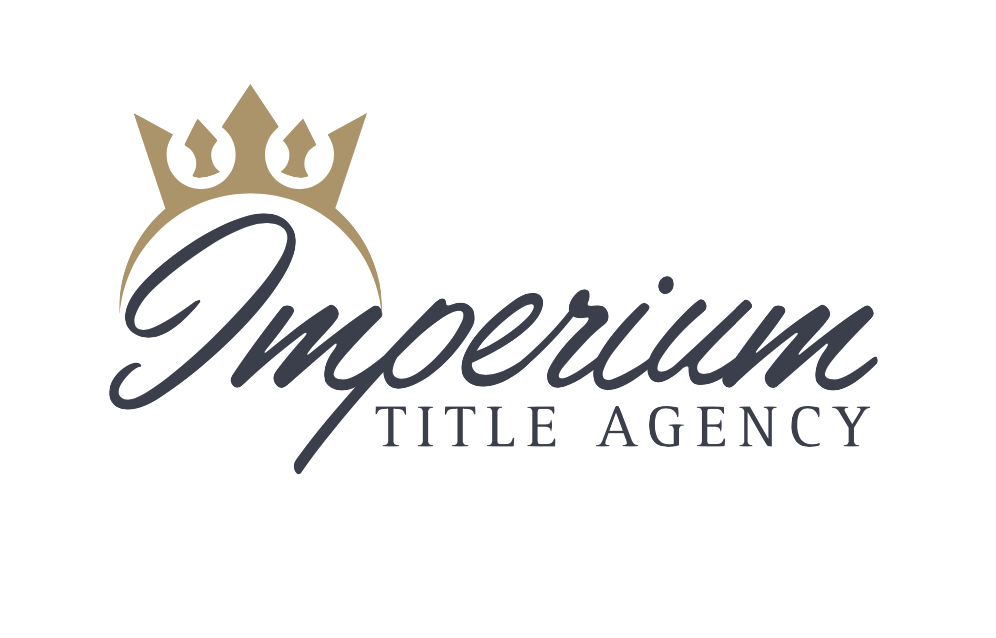Introduction
When traditional lending options fall short, real estate investors often turn to alternative financing solutions like hard money loans. These loans provide a valuable source of capital for individuals seeking quick, short-term financing to fund real estate projects. In this article, we will delve into the intricacies of hard money loans, exploring their definition, benefits, drawbacks, typical use cases, and key considerations.
What are Hard Money Loans?
Hard money loans are a type of short-term, asset-based financing primarily used in real estate transactions. Unlike conventional loans that are underwritten based on the borrower’s creditworthiness and income, hard money loans focus on the value of the underlying property. These loans are typically provided by private individuals or entities, known as hard money lenders, who assess the property’s potential value and the borrower’s exit strategy when determining loan approval.

Benefits of Hard Money Loans
- Quick Approval and Funding: Hard money loans are known for their rapid approval and funding process. Unlike traditional banks that require extensive paperwork and time-consuming underwriting, hard money lenders can make decisions quickly, enabling investors to seize time-sensitive opportunities.
- Flexible Qualification Requirements: Hard money lenders prioritize the collateral’s value, allowing investors with lower credit scores or unconventional income sources to qualify. This flexibility is particularly advantageous for real estate investors who may not meet traditional lending criteria.
- Property-Centric Approach: Hard money loans focus on the property’s potential value and the borrower’s ability to execute a profitable exit strategy. This approach is especially useful for investors looking to purchase distressed properties, renovate them, and sell them for a profit.
- Customizable Loan Structures: Hard money loans offer more room for negotiation in terms of loan duration, repayment plans, and interest rates. This flexibility enables borrowers and lenders to tailor the terms to the specific needs of the project.
Drawbacks of Hard Money Loans
- Higher Interest Rates: Hard money loans often come with higher interest rates compared to traditional loans. This is due to the increased risk that lenders assume when relying on collateral value rather than the borrower’s creditworthiness.
- Short-Term Nature: Most hard money loans have relatively short terms, typically ranging from a few months to a few years. This short duration can put pressure on borrowers to complete their projects quickly and secure alternative financing for the long term.
- Higher Fees: In addition to higher interest rates, hard money loans may involve origination fees, closing costs, and other charges that can add to the overall cost of the loan.
Typical Use Cases for Hard Money Loans
- Fix-and-Flip Projects: Real estate investors often use hard money loans to purchase distressed properties, renovate them, and then quickly sell them for a profit. The speed of funding and flexible qualification criteria make hard money loans well-suited for this strategy.
- Bridge Financing: Investors seeking to acquire a property quickly or secure a property while waiting for traditional financing to be approved can use hard money loans as a bridge to cover the gap.
- Property Rehabilitation: Investors looking to rehabilitate properties that are in poor condition may use hard money loans to fund renovations and improvements.
- Land Acquisition: Developers and investors may use hard money loans to acquire undeveloped land with the intention of securing traditional financing once development plans are in place.

Key Considerations
- Research Lenders: Due diligence is essential when selecting a hard money lender. Research their reputation, track record, and terms to ensure you’re working with a reputable and reliable partner.
- Exit Strategy: Lenders will want to understand your exit strategy, which outlines how you plan to repay the loan. Whether through property sale, refinancing, or other means, a clear exit strategy is crucial for loan approval.
- Property Valuation: Accurate property valuation is a cornerstone of hard money lending. Lenders will assess the property’s current and potential value to determine the loan amount.
- Cost-Benefit Analysis: Carefully evaluate the potential profit of your real estate project against the costs of the hard money loan, including interest rates and fees. Ensure that the potential returns justify the borrowing costs.
Conclusion
Hard money loans offer a valuable financing option for real estate investors seeking quick access to capital. Their speed, flexibility, and property-focused approach make them well-suited for various investment strategies. However, it’s essential to weigh the benefits against the drawbacks and conduct thorough research before entering into a hard money loan agreement. By understanding the intricacies of these loans and working with reputable lenders, investors can leverage hard money loans effectively to achieve their real estate investment goals.

